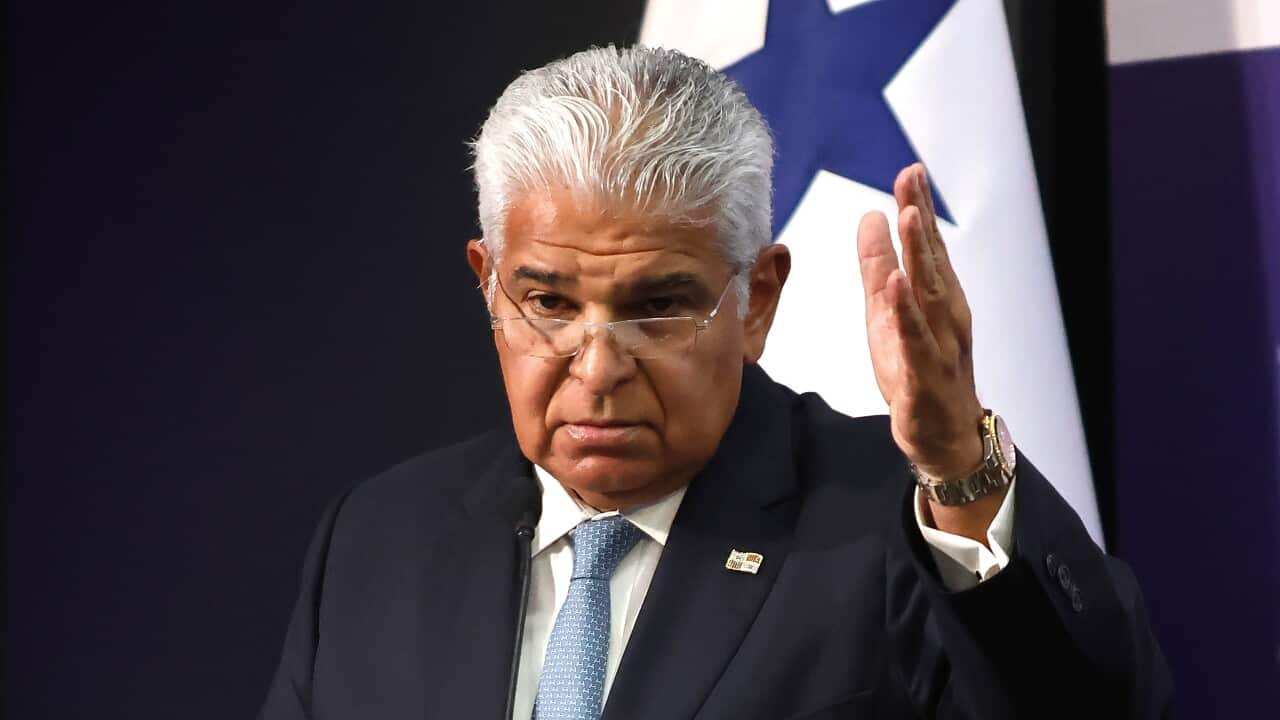Panama's president José Raúl Mulino stressed that sovereignty over his nation's namesake canal is not up for debate, after talks with United States secretary of state Marco Rubio, but he outlined the possibility of repatriating more migrants.
The background: The canal has emerged as a flashpoint between the two nations, as US President Donald Trump has repeatedly insisted that the US must retake the waterway key to global trade due to his claims of undue Chinese influence.
Rubio on Sunday reiterated that Trump has determined China's influence threatens the canal and that immediate changes were needed or the US would act, according to a state department spokesperson.
The key quote: "There is no doubt that the canal is operated by our country and it will continue to be so, I do not think there has been a discrepancy in that. The president (Trump) has his opinion about the Chinese presence which will be clarified at the appropriate time in the technical instances of the canal." — José Raúl Mulino, Panama President.
What else to know: Mulino also said he did not see a serious threat of US military force to seize the canal.
"I don't feel that there is any real threat at this time against the treaty, its validity, or much less of the use of military force to seize the canal," he said, referring to the treaty that handed over the canal at the end of 1999.
In remarks to reporters, Mulino suggested a possible expansion of an existing agreement with the US from last July that could pave the way for direct deportations of non-Panamanian migrants who cross Panama's southern border with Colombia. He insisted, however, that the US government would need to cover the cost.
Over the past few years, the area has seen a surge of US-bound migrants.
The Panamanian leader noted that such an expanded deal could potentially allow for the deportation of migrants from Venezuela, Colombia and Ecuador.


